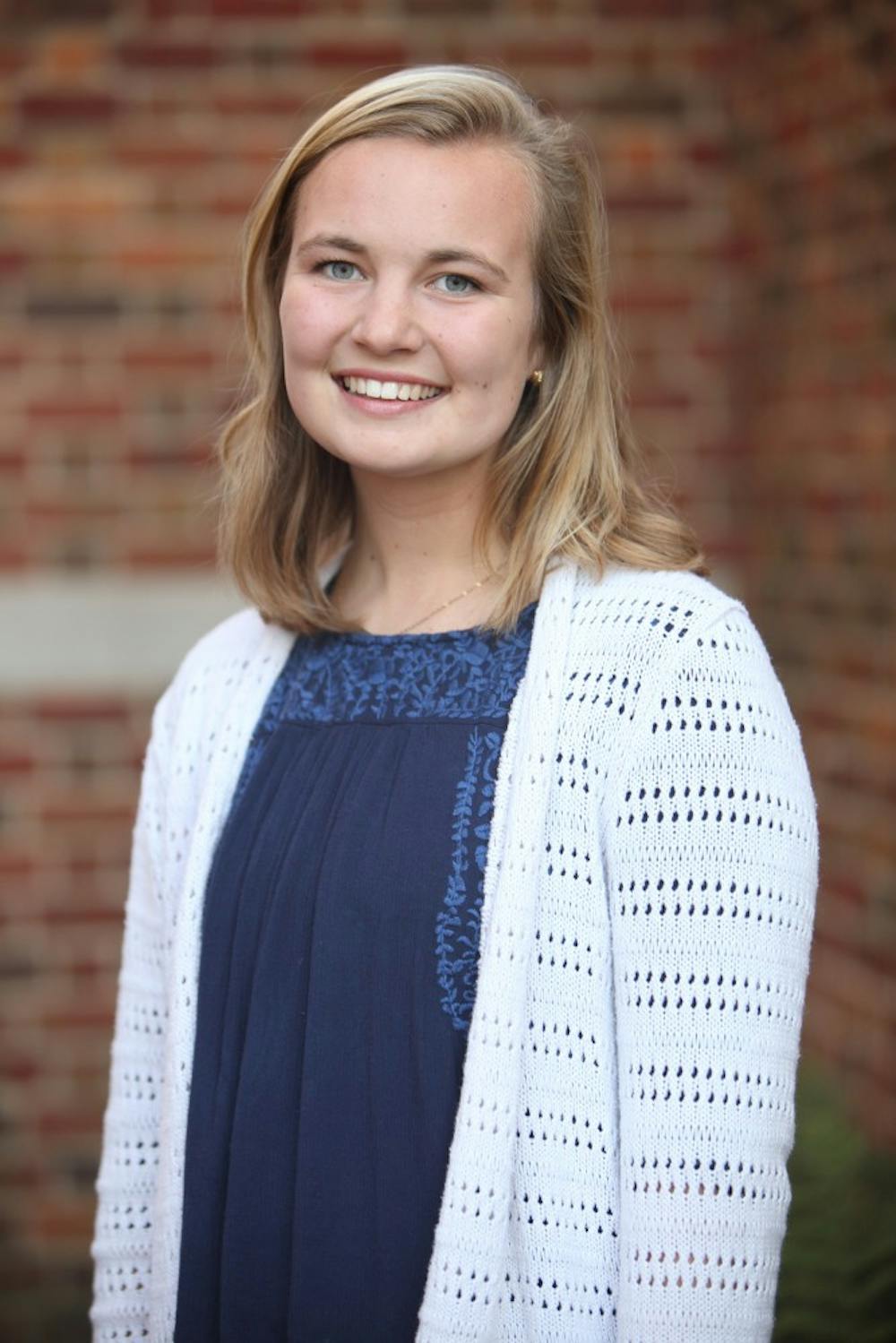If you had to write down 20 statements about who you are, where would you start? Would you begin with your relationships, creating “I am” statements with subsequent words such as sister, friend, girlfriend, son, roommate? Would you self-identify with a list of adjectives, defining who you are by your personality? How many statements would you produce until you wrote one characteristic of how other people perceive you? Are you easy-going? Hard-working?
How many of those statements would be true?
If this appears to be an absolutely ridiculous question to you, you’re in good company. We are a generation that holds self-knowledge to an incredible height of significance. The central question to our world seems to be “who am I?” and the central activity is creating and reinforcing that identity. We praise self-discovery, self-knowledge and self-creation — perhaps nowhere as fiercely as at the University. We are trying to figure out who we truly are. Most of us believe we are what we are — shaped by our past, clearly demonstrated in our present — and that we will continue to be those things in the future. While we hope to grow in some dimensions, others we seem to settle into, for better or for worse.
Last week in Asst. Prof. Lisa Goff’s American Studies class “Point of View Journalism,” we read an extremely informative — and somewhat discouraging — article about confirmation bias within the political and scientific spheres. I’m sure you can guess the main thesis — our digestion of facts is vastly and deeply impacted by our emotional desires, understanding of the world and what we value.
We believe things that enforce our already-held beliefs — our emotional register not only works faster to synthesize information than our rational factor, but also works more efficiently, making more sense to us. This confirms, repeatedly, what we hold to be true. What I’m beginning to realize is that confirmation bias doesn’t only apply to my vote, or my acceptance of the latest scientific study. It applies to who I think I am.
My view of who I am is constructed and confirmed. It is built upon my own observations, what others tell me, what I accept and the experiences I use to reinforce those statements. Yes, there are objectively true things about me. But what I’m told they mean, and the rate at which I believe them, is completely subjective and highly impressionable.
I’m a middle child — I have an older sister and several younger siblings. That’s an objective fact — one I hope never changes. My life as a middle child often feels, honestly, like any sitcom you’ve ever seen. I grew up fiercely independent. I was often hilariously forgotten at school dismissal, left to be the last child standing in the car-pool line, and I clung to my friends. Don’t get me wrong — my parents loved and cared for me tremendously. I was just the kid in the middle, neither reaping the privileges of the oldest nor dosed in attention — yet still somehow getting away with murder, like the youngest.
What I didn’t realize until college was that being a middle child, to me, translated into being the forgotten one. They became synonymous — I was a middle child, and I was easily forgotten. There was an objective fact, but it came with a subjective meaning. In my head, heart and life, they contained paramount validity, weight and influence. Because I believed that view to be true, I witnessed it confirmed through my perspective over and over again. Someone forgot to call me back? It’s because I’m the easily forgotten one.
Because I believed it to be true, I subconsciously looked for it to be true, and I unknowingly interpreted encounters and experiences to fit that mold, until part of my identity was built on impressions that fed into a lie. Being a middle child does not make me inherently easier to forget — that was a lie I desperately needed to debunk in order to move forward with confidence that my value wasn’t deteriorated by an unrelated birth order.
I tell you this story of my middle child woes because I don’t think I’m alone in suffering from confirmation bias confirming a characteristic that shapes my personality and view, which isn’t actually characteristic of me at all. What do you believe about yourself? Who told you that? Who confirmed that? Is it true?
Holding up a magnifying glass to our identities, beliefs and views can be uncomfortable and disorienting. But this is good news. What we may have thought was true about us —what we settled for and settled into and secretly hate — may not be true at all. Just because we are X doesn’t mean we have to be Y. We can either debunk the lies or fall victim to confirming them with every experience that could be translated as evidence contributing to their false-truth.
If we are willing to fight for the truth in every other aspect of life — whether it’s political or social — why not put up a fight for the truth in our very own personal lives? Why settle for lies, especially lies that want to convince you you’re something you’re not?







